Crossing borders and language barriers
In morbid circumstances, medical camp set up byChinese doctors at Makli Police Lines, Thatta comes as a blessing.
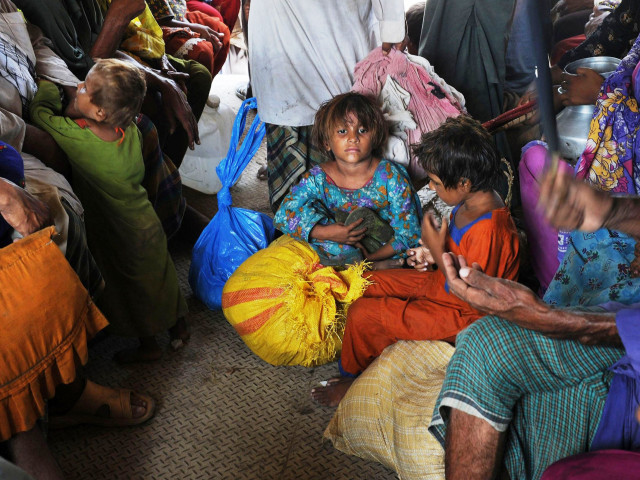
According to official data from July 31 to September 1, the total number of reported cases of diseases in government-run relief camps is 944,747 with diarrhoea, gastroenteritis and malaria ranking among the most common diseases.
In such morbid circumstances, the medical camp set up by a team of Chinese doctors at Makli Police Lines, Thatta comes as a white-canopied blessing for these people.
The team of 46 doctors, 16 of them females, is busy from 8 am to sundown to help flood survivors. Since the doctors are living at the site, in tents and police hostels, any emergency case that comes later can be also dealt with.
Accompanying the team of doctors are students from educational institutes of Thatta who are volunteering at the camp. These students act as translators since the doctors can only speak in English and Chinese, and majority of the patients who come for treatment only speak in Sindhi. The students are helping to overcome this language barrier by translating for both the flood survivors and the doctors.
Working in shifts, there are always around 12 students at the hospital who stay with the doctors who perform the diagnosis.
“The Chinese are really friendly,” said Samia, who is in her second year of bachelors at the Sindh University, “I really like helping out here because it’s such a different experience.”
According to the young woman, the Chinese medical camp had incredibly sophisticated state-of-the-art equipment and “so many more people would have been helped if Pakistani camps also had this equipment”.
The doctors are led by Huang. The same team came to Pakistan in 2005 to help with earthquake relief activities in the northern parts of the country.
“We spent a month in Balakot [in 2005],” recalls Dr Huang, “We initiated a rescue mission and also gave medical aid to the earthquake affected people.”
Why does Dr Huang cross borders to work in miserable conditions for no payment? He puts it simply, “It’s our job to save people.”
The Chinese mobile hospital works just like an ordinary, medium-sized hospital. It is equipped with a pharmacy and a laboratory to carry out tests and analysis. Chemical examination, blood and urine tests can also be carried out at the hospital while medicines are also prescribed and given out free of cost.
“Every day we treat 400 patients,” said Dr Huang. By now the team has helped more than 4,000 people.
Other camps in Thatta
Besides the Chinese medical camp, there are several others that have been set up by the Pakistan Navy in all tehsils of Thatta.
“As long as the IDPs are here, we are there for them,” said Faisal, an incharge at a navy camp.
They have treated up to 3,000 people so far. “We have enough medicines right now and the navy will be providing us with more,” he added.
Viruses on the spread
Meanwhile, residents of Thatta’s second biggest city Sujawal continue to be plagued with diseases causing ailments such as gastroenteritis and diarrhoea. More than 400,000 people evacuated their homes and sought sanctuary in Makli’s hilly areas. With no proper source of drinking water and limited food, diseases are spreading fast. Soofan, a landlord who brought his agricultural worker’s daughter to Civil hospital for treatment, said these diseases are spreading because of dirty water. “They are poor people and when they don’t get clean water, they just resort to polluted streams and drains,” he said.
Scores of children are being treated for diarrhoea and gastroenteritis in Civil Hospital Makli. The number of patients was so high that several children would be treated on the same bed and when space ran out on the beds, the patients were put to the floor and treated there. “Most of the patients coming in are flood survivors,” said Dr Manzoor, duty officer at Civil Hospital Thatta. According to him, bad water, unclean toilets and too many people living together in tight spaces were reasons for the spread of these diseases.
With additional reporting by Altaf Koti and PPI
Published in The Express Tribune, September 6th, 2010.


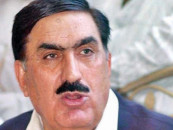
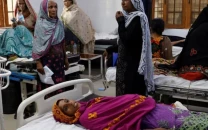

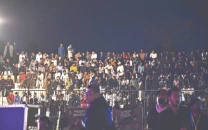
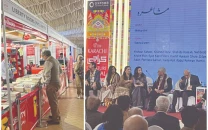










COMMENTS
Comments are moderated and generally will be posted if they are on-topic and not abusive.
For more information, please see our Comments FAQ